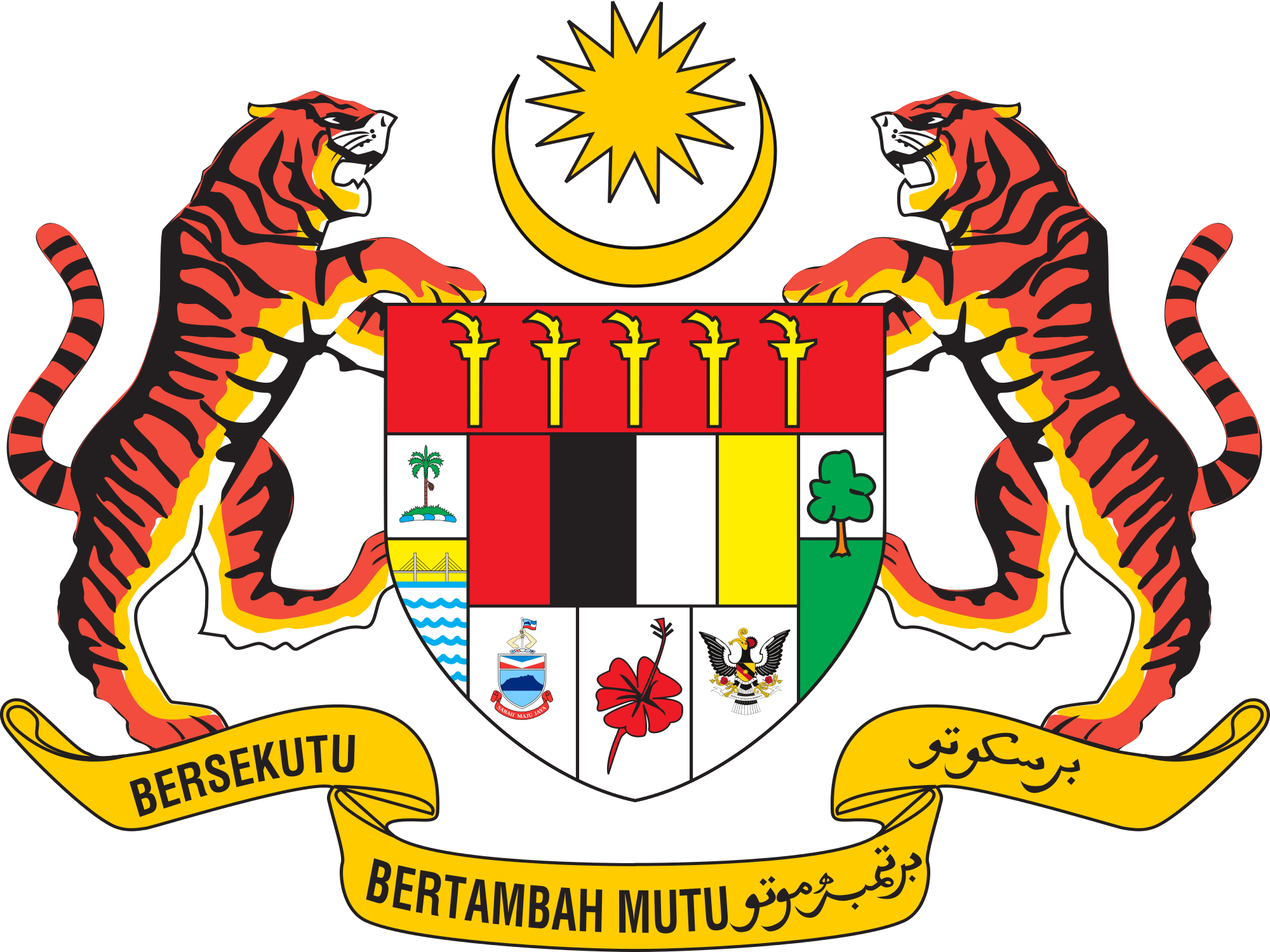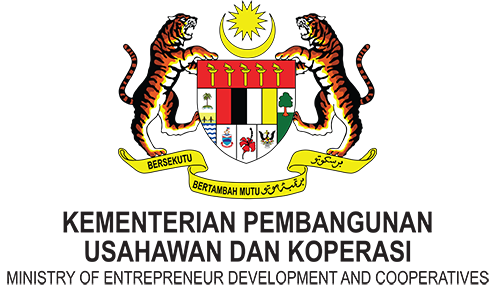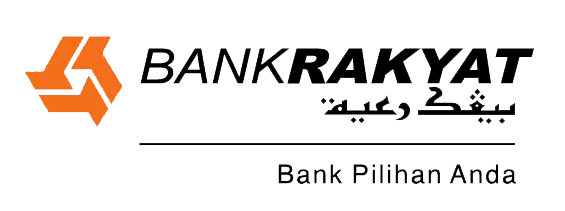SMEs in RMKe-11
RMKe-11
RMKe-10
Operating expenditure
RM1.289 trillion
RM1.031 trillion
Development expenditure
RM260 billion
RM223.6 billion
Key Facts & Figures
2015
2020
GDP growth
4.5- 5.5 %
5.0 -6.0 %(RMKe-11)
Gross National Income (GNI) Per Capita
RM36,937
(USD10,196)RM54,100
(USD15,690)
Fiscal Deficit to GDP
3.2%
0.6%
Federal Govt. Debt to GDP Ratio
53.3%
43.5%
Inflation Rate
2.0 - 3.0 %
2.5 – 3.0% (RMKe-11)
Unemployment Rate
2.9%
2.8%
Average Monthly Household Income
RM6,141 (2014)
RM10,540
Average Monthly Household Income of B40
RM2,537 (2014)
RM5,270
Labour Productivity (%)
2.8%
3.7%
Gini Coefficient
0.401 (2014)
0.385
Women Labour Force Participation Rate
53.6% (2014)
59.0%
Malaysian Wellbeing Index (MWI)
-
1.7% (RMKe-11)
Average Annual Growth Rate (%)
RMKe-10
(2011 - 2015)RMKe-11
(2016 - 2020)
Real GDP
5.3
5.0 - 6.0
Services
6.3
6.9
Manufacturing
4.8
5.1
Construction
11.1
10.3
Agriculture
2.4
3.5
Mining & Quarrying
0.9
1.3
Average Annual Growth Rate (%)
RMKe-10
(2011 - 2015)RMKe-11
(2016 - 2020)
Real GDP
5.3
5.0 - 6.0
Private expenditure
8.3
7.2
7.1
6.4
12.6
9.4
Public Expenditure
4.8
3.3
5.5
3.7
4.0
2.7
Exports of Goods & Services
2.1
2.1
Imports of Goods & Services
3.8
2.3
6 Strategic Thrust of RMKe-11
6 Game Changers In The RMKe-11 Period
Transforming Public Service For Productivity
Measures For SMEs In RMKe-11
Strategies
Measures
S1 : Enhancing productivity through automation and innovation by promoting increased use of ICT & continuing the Technology Commercialisation Platform (TCP) and Inclusive Innovation programmes
i) Enhancing productivity through automation and innovation:
ii) Continue the implementation of the two high-impact programmes, namely TCP and Inclusive Innovation.
S2 : Strengthening human capital development within SMEs by reskilling and upskilling workers through industry partnerships
Strengthening human capital development within SMEs:
i) Strengthen the curriculum for TVET with greater input from the industry to equip workers in SMEs with the right skill sets.
ii) Intensify reskilling and upskilling of workers to enable them to fill higher-paying jobs.
iii) Ensure new entrants into the workforce meet industry requirements and creating an entrepreneurial culture in the society.
S3 : Enhancing ease of doing business by simplifying the process of formation and formalising of businesses as well as increasing ease of access to financing
i) Simplify the process for formation and formalising of businesses through the on-going integration of MyCoID and BLESS (HIP 1).
ii) Engage industry experts in preparation of proposals, particularly for technology and innovation activities to enhance access to financing.
iii) SME Investment Partner (SIP) programme will also introduce new ways of financing for early stage companies by combining equity and loan financing.
iv) Encourage SMEs to pool resources, utilise shared services, and purchase inputs, raw materials and services in bulk to reduce cost.
S4 : Increasing demand for SME products and services by reviewing policies for procurement from SMEs and encouraging SMEs to obtain international standards and certifications to increase exports
i) Increase demand for SME products and services
ii) Encourage SMEs to comply with international standards & certs.
iii) Scale-up the Going Export (GoEx) Programme to assist SMEs to venture into exports.
S5 : Creating home-grown champions through Catalyst Programme to build high performing SMEs into regional & international players.
Catalyst Programme to remove barriers and provide assistance to potential SMEs to become home-grown champions. Selection of SMEs will be based on transparent and clear criteria to identify the most deserving and highest potential growth SMEs
S6 : Developing SMEs in Sabah and Sarawak by strengthening infrastructure, encouraging market expansion through e-commerce, reducing the cost of doing business, and increasing outreach of government assistance.
i) Priority to be given to infrastructure development in Sabah and Sarawak which includes increased coverage and quality of telecommunications network, supply of electricity and water as well as transportation connectivity in these states.
ii) Encourage SMEs to expand their markets by adopting e-commerce, cloud computing, and crowdsourcing for financing.
iii) Review regulations to reduce the cost of doing business and increase the outreach of government assistance to SMEs in Sabah and Sarawak.Other Measures Related to SMEs
Strategic Thrusts
Related Measures
Enhancing inclusiveness towards an equitable society
i) Provide financing and training for B40 households to venture into entrepreneurship
ii) Increase productivity of farmers, fishermen and small holders through adoption of modern technology
iii) Encourage adoption of ICT to enhance market access by micro enterprises.
iv) Enhance integrated entrepreneurship programmes which include integrated entrepreneurship development packages from start-up to market product placement.
Accelerating human capital development
for an advanced nation
i) Improving labour market efficiency to accelerate economic growth by improving labour productivity and management of foreign workers
ii) Transforming TVET to meet industry demand by enhancing the quality and delivery of TVET programmes. In addition, the TVET will be re-branded to enhance effectiveness
Strengthening infrastructure to support economic expansion
i) Unleashing growth of logistics and enhancing trade facilitation
ii) Encouraging sustainable energy use to support growthImplication on SMEs
 |
Languages: | Others |
"Anchoring Growth on People"
Highlights
RMKe-11 tabled by YAB Prime Minister on 21 May 2015 is guided by the blue ocean strategy focusing on rapidly delivering high impact on capital and people economy at low cost to the Government.
GDP growth is expected to average 5 - 6% during the plan period premised on strong domestic demand and expanding external demand. The growth is expected to be driven by significant increase in productivity and less dependency on inputs from capital and labour.
Four strategies to strengthen the economic fundamentals and maintain economic stability are:Unlocking the potential of productivity to ensure sustainable and inclusive growth;Promoting investment to spearhead economic growth;Increasing exports to improve trade balance; andEnhancing fiscal flexibility to ensure sustainable fiscal position
1. Unlocking the potential of productivity
• Approach to productivity will shift from Government-driven to targeted actions across the public sector, industry players and individual enterprises with champions identified as role models.
• Labour productivity to increase from RM77,100 per worker in 2015 to RM92,300 in 2020.
2. Uplifting B40 households towards a middle-class society
• The size and composition of middle-class society will grow to 45% share by 2020 (2015:40%).
• Mean income of the B40 households will double to RM5,270 in 2020 from RM2,537 in 2014.
• B40 family members with tertiary education to increase from 9% in 2014 to 20% in 2020.
• Income share of B40 to national household income to increase from 16.5% in 2014 to 20% in 2020.
3. Enabling industry-led Technical and Vocational Education and Training (TVET)
• Harmonising and streamlining how the system currently operates to reduce fragmentation across the various public and private stakeholders.
• 60% of the 1.5 million jobs created will require TVET-related skills
• Increase annual intake gradually from 164,000 in 2013 to 225,000 in 2020.
4. Embarking on green growth
• A fundamental shift away from “grow first, clean up later” development model towards one that views resilient, low-carbon, resource-efficient and socially inclusive development as an upfront investment
5. Translating innovation to wealth
• Strengthening of relational capital by improving collaboration among stakeholders. Innovation to be targeted at enterprise and societal levels.
6. Investing in competitive cities
• City competitiveness Master Plan will be developed initially for four major cities, based on key principles that increase liveability and stimulate economic growth.
RMKe-11 will focus on developing resilient and sustainable SMEs to achieve inclusive and balanced growth. The contribution of SMEs across all sectors is targeted to increase to 41% of GDP by 2020 with an average annual growth rate of 9.3%. The development of SMEs in the RMKe-11 period will be based on the SME Masterplan (2012-2020) initiatives namely the implementation of the 6 High Impact Programmes and the other supporting initiatives of the Plan.























